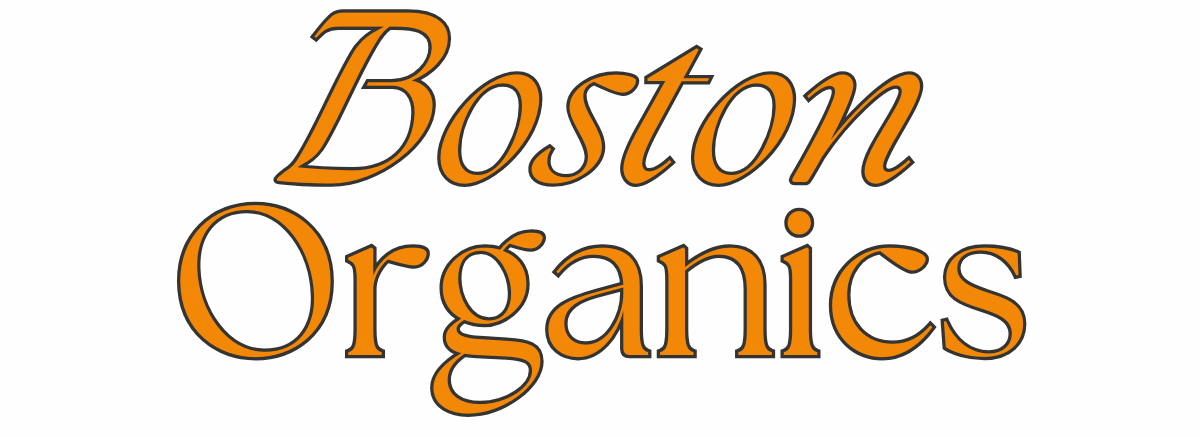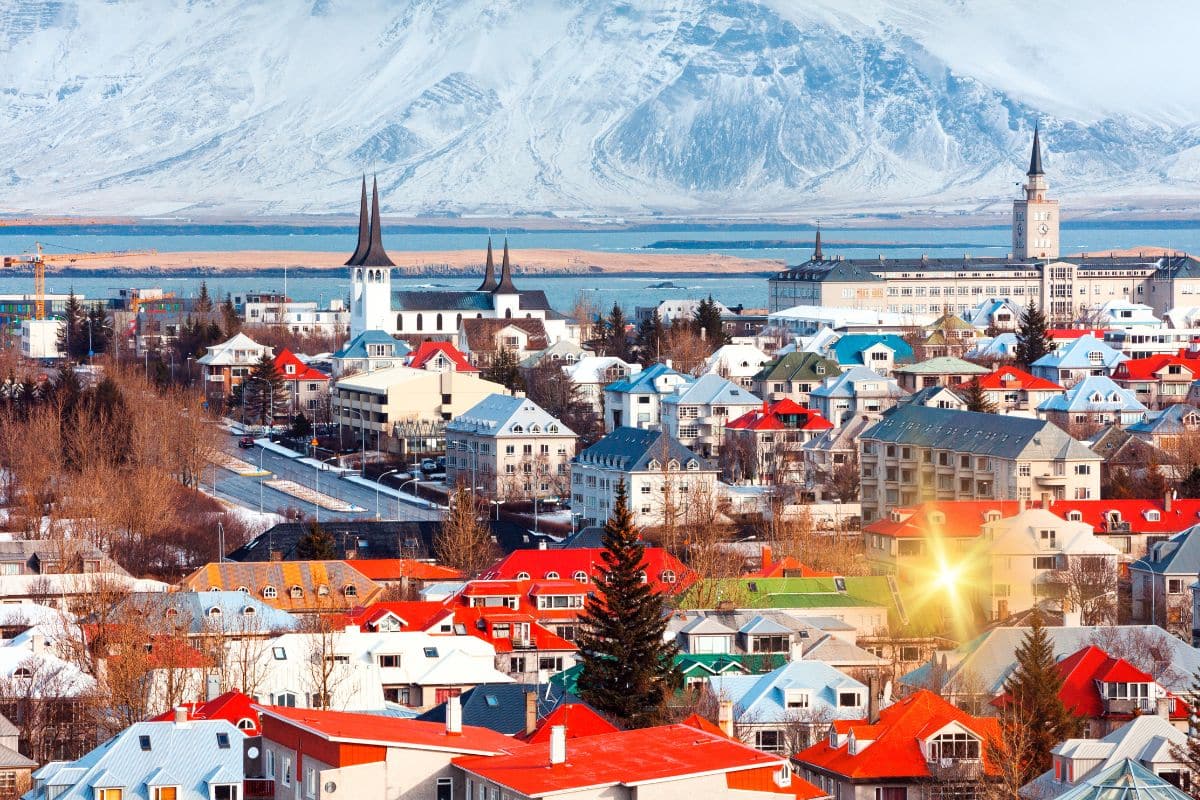When Iceland pioneered its revolutionary four-day work week in 2019, skeptics worldwide questioned whether such radical changes could sustain economic growth. Nearly six years later, the Nordic nation stands as a testament to workplace innovation, validating predictions that Generation Z had championed long before mainstream adoption. The transformation from traditional work structures to flexible arrangements has exceeded expectations, creating a blueprint for modern employment practices.
The journey began with careful experimentation rather than hasty implementation. Iceland’s approach demonstrated that strategic planning and gradual rollouts could overcome institutional resistance while maintaining economic stability. This measured progression allowed businesses to adapt their operations without compromising service quality or customer satisfaction.
Digital transformation enables workplace flexibility
Iceland’s success stems largely from its comprehensive digital infrastructure investments that preceded the work week reduction. The government prioritized technological advancement, establishing robust internet connectivity across urban and rural areas alike. This foundation proved essential when employees transitioned to flexible schedules and remote work arrangements.
Technology adoption accelerated during the pilot phases, with companies implementing digital tools to maintain productivity levels. Cloud-based platforms, project management software, and communication systems became integral to daily operations. Generation Z workers, having grown up with digital technologies, adapted seamlessly to these new workflows and often led training initiatives for older colleagues.
The digitalization process extended beyond private enterprises to include public services and government operations. Citizens could access essential services online, reducing the need for traditional office hours and supporting the broader transition to shortened work weeks. This comprehensive approach ensured that reduced working hours didn’t compromise public service delivery or citizen satisfaction.
Automation technologies also played a crucial role, with many companies investing in systems that could handle routine tasks efficiently. This allowed human workers to focus on creative and strategic activities during their concentrated work periods, ultimately enhancing overall productivity despite fewer working hours.
Worker wellbeing improvements exceed expectations
The mental health benefits that Generation Z predicted have materialized dramatically across Iceland’s workforce. Stress levels decreased significantly as employees gained better work-life balance, with medical professionals reporting reduced anxiety and depression rates among working populations. These improvements translated into lower healthcare costs and increased job satisfaction scores.
Family dynamics transformed as the shortened work week allowed more quality time at home. Parents, particularly fathers, became more involved in childcare and household responsibilities, promoting gender equality in domestic arrangements. Children benefited from increased parental presence, while couples reported stronger relationships due to reduced work-related stress.
Sleep quality improvements emerged as an unexpected benefit, with workers reporting better rest patterns and increased energy levels. The additional day off allowed for proper recovery time, leading to more focused and productive work during the four active days. This cycle of rest and productivity created sustainable work patterns that employees could maintain long-term.
Social connections strengthened as people had more time for friendships and community involvement. Volunteer activities increased, local businesses benefited from mid-week patronage, and cultural events saw higher attendance rates. These social improvements contributed to overall national happiness indicators that consistently rank Iceland among the world’s most satisfied populations.
Economic outcomes validate reduced hour policies
Productivity metrics remained stable or improved across most sectors implementing the four-day system. Companies reported that employees worked more efficiently during concentrated periods, eliminating time-wasting activities and focusing on essential tasks. The quality of output often increased as workers approached their roles with renewed energy and motivation.
Business costs didn’t increase as initially feared, with many companies finding savings in utilities, office supplies, and facility maintenance. The reduced overhead from shortened office operations often offset any productivity concerns, creating a financially viable model for sustainable business practices.
The labor market dynamics shifted positively, with Iceland attracting international talent seeking better work-life balance. This brain gain strengthened the economy and brought diverse skills to local industries. Companies found it easier to recruit qualified candidates when offering the four-day arrangement as a competitive advantage.
Key economic indicators that improved include :
- Employee retention rates increased by significant margins
- Sick leave usage decreased substantially
- Training and development participation rose
- Customer satisfaction scores remained consistent
- Innovation metrics showed positive growth
Global implications shape future work models
Iceland’s success has inspired international pilot programs across multiple continents, with countries like Germany, Portugal, and Spain launching their own experiments. The Icelandic model provides concrete evidence that alternative work arrangements can succeed without compromising economic performance or competitive advantages.
Generation Z’s predictions about workplace evolution have proven remarkably accurate, demonstrating their understanding of modern work dynamics and employee needs. Their emphasis on mental health, sustainability, and work-life integration has been validated through Iceland’s measurable outcomes and satisfied workforce.
The timing proves especially relevant as other nations grapple with post-pandemic work arrangements and changing employee expectations. Iceland’s six-year track record offers valuable insights for policymakers and business leaders considering similar transitions in their own contexts.
María Hjálmtýsdóttir, an activist and educator, reflects on the transformation : the shortened working week represents more than schedule changes—it fundamentally altered how Icelandic families approach life balance and personal fulfillment. Her experience mirrors that of countless workers who discovered that professional success and personal satisfaction need not be mutually exclusive.
The Nordic nation’s experience demonstrates that workplace innovation requires courage, planning, and commitment to employee welfare. As other countries observe Iceland’s continued success, the four-day work week transitions from experimental concept to proven strategy for modern employment practices.

